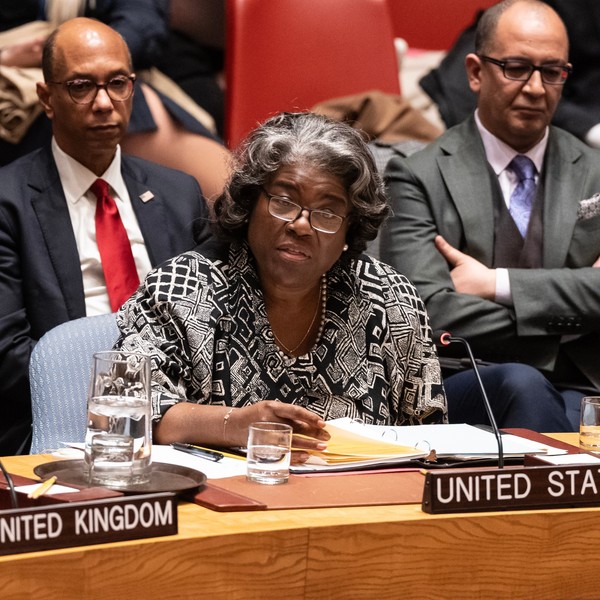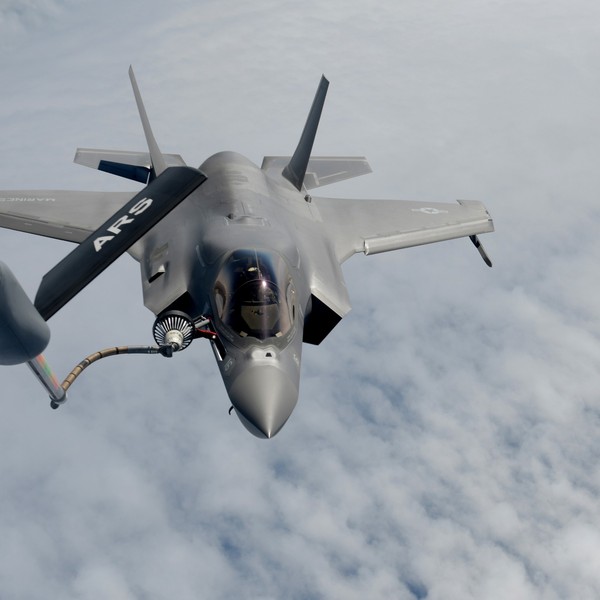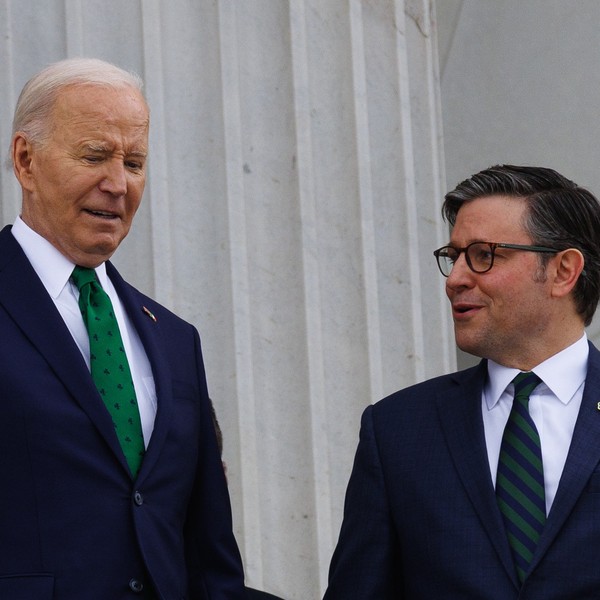On Sunday, a new Israeli government without Benjamin Netanyahu at its head was confirmed for the first time in over 12 years. Naftali Bennett, who is distinctly to Netanyahu’s right ideologically, will take over, but few expect significant policy change.
While Israel has shifted sharply to the nationalist right under Netanyahu, this was a process that was well underway before he took office. The same can be said for Israel’s policies toward the West Bank and Gaza Strip and the Palestinians in general, both inside and outside Israel’s internationally recognized borders.
The most distinctive mark of Netanyahu’s time in office is his handling of foreign affairs. From the Abraham Accords, which normalized Israel’s relationships with several Arab states, to Iran, to the polarization of Israel’s relationship with the United States, Netanyahu made a mark that was truly his own on Israel’s foreign policy, with profound repercussions for other countries.
The Republican prime minister
Netanyahu was largely educated in the United States, in the 1980s, when he began forging close relationships with contemporary and future leading Republicans. His impeccable English and well-spoken manner, combined with his intimate understanding of the United States made him a rising star both there and in Israel.
Elected to his first term as prime minister in 1996, Netanyahu was particularly close to the rising neoconservatives who would, in the George W. Bush administration, drive U.S. foreign policy. He had a difficult relationship with Bill Clinton, who was close to Netanyahu’s predecessor, Yitzhak Rabin, whose assassination many blamed on incitement which Netanyahu helped to foment.
That was but a precursor to his second, much longer period in office. When Netanyahu lost the 1999 election to Ehud Barak, many believed Clinton’s distaste for the Likud leader was a primary factor in his defeat. But by 2009, with Barack Obama — whom many Israelis saw as more sympathetic to the Palestinians than any president in history — in the White House, friction with Washington was more popular in Israel. This was due in no small measure to the increased strength of Israeli opponents of the Oslo peace process who were disappointed in Netanyahu’s acquiescing to Clinton during his first term.
Netanyahu’s rocky relationship with Obama only grew worse over the course of Obama’s eight years in the White House, hitting their nadir when Netanyahu conspired with Republican Speaker of the House John Boehner to arrange for the Israeli leader to address a joint session of Congress in an attempt to undermine Obama’s signature foreign policy achievement, the Iran nuclear deal.
But in Donald Trump, Netanyahu found what he could have only dreamed of before: an American president who would unabashedly give Israel everything it wanted, virtually free of charge. Progressive Democrats seized the opportunity to try to, at long last, open a serious debate about the efficacy and ethics of the U.S. support for Israeli policies, but centrists pushed back, causing a rift over Israel in the party while the Israeli leadership not-so-subtly embraced the Republicans.
With Netanyahu gone, it is certain that new Foreign Minister and Prime Minister-in-waiting Yair Lapid, who is closely connected to Democratic politics will try to re-establish the bipartisan consensus that, for decades, blocked any serious evaluation of U.S. policy toward Israel and Palestine.
Netanyahu perfected the art of quiet annexation. While he publicly embraced the Trump administration’s plan for annexing large chunks of the West Bank, he promoted it with only a token effort, despite being pressed by his far-right constituents. He knew that settlement expansion was going to move inexorably forward, that the slow pace would deflect international attention, and that there was little the Palestinians could do about it. As a result, the settlers and ultra-orthodox parties remained loyal to him to the bitter end, despite frequently criticizing him.
But in most ways, Netanyahu fully embraced Trump’s agenda and was rewarded with great gifts. Chief among those were the move of the U.S. Embassy from Tel Aviv to Jerusalem and recognizing Jerusalem as Israel’s capital, the Abraham Accords, and, of course, the unilateral abrogation of the Iran nuclear deal.
Israel’s normalization deals
It is safe to say that no president from either party, other than Trump, would have brokered the Abraham Accords, which essentially bribed several Arab states with arms sales and political favors in exchange for normalization with Israel. But Netanyahu had been working for many years to achieve normal relations with Middle Eastern and other states without having to compromise with the Palestinians. He had made some progress, but never could have accomplished what he did without Trump’s help.
These were not fleeting victories. The recent attacks on Gaza were greeted largely with silence from the Gulf states, and the Biden administration has made it clear that it intends to support the agreements Trump helped secure. Politically, it would be difficult to oppose countries making peace with Israel, but the agreements further weakened the Palestinian position which was already short on leverage in its dealings with Israel.
Whether there will eventually be backlash against leaders in the UAE, Bahrain, Sudan, or Morocco over these agreements is still an open question, but the fact that they all faced virtually no pressure to change their stance on Israel during the recent Gaza fighting is certainly telling. Still, if scrutiny on Israel’s treatment of Palestinians increases again, there may be challenges to these agreements in the future.
Iran
Netanyahu was beating war drums over Iran for decades, long before the JCPOA was even thought of. Indeed, Barack Obama’s decision to press the issue of an Iranian nuclear weapon, despite the fact that U.S. National Intelligence had determined that Iran was no longer pursuing one, came in part from concern that Israel under Netanyahu might attack Iran on its own if nothing was done.
But the JCPOA did not quell Netanyahu’s long-time obsession with Iran, which was a significant factor in the deep and bipartisan opposition to the deal in Washington, eventually culminating in Trump abrogating it. It is fair to say that, while regime change hawks in the United States have their own reasons for seeking that goal, Netanyahu has been a key ingredient fueling their push for U.S. action against the Islamic Republic.
Like Israeli policies on the occupation of the West Bank and Gaza, the new Israeli government is not likely to diverge from Netanyahu’s policies on Iran. This reinforces the need to increase the space for policy debate that Netanyahu opened with his partisanship in Washington.
Netanyahu leaves office as the longest serving prime minister in Israel’s history. In many ways his legacy is based on the length of his time in office and the self-interested strategies he used to stay there. But that legacy also includes opening a partisan debate on U.S. policy toward Israel, heightened tension in the Persian Gulf, and dividing Arab states on conditioning normal relations with Israel on an end to the Israeli occupation. Netanyahu was not responsible for Israel’s sharp rightward and nationalistic turn. This was well underway long before 2009, when he took office. But in terms of Israel’s relationship with the United States and the Arab world, and Israel’s role in stoking tension with Iran, his legacy will be long.















